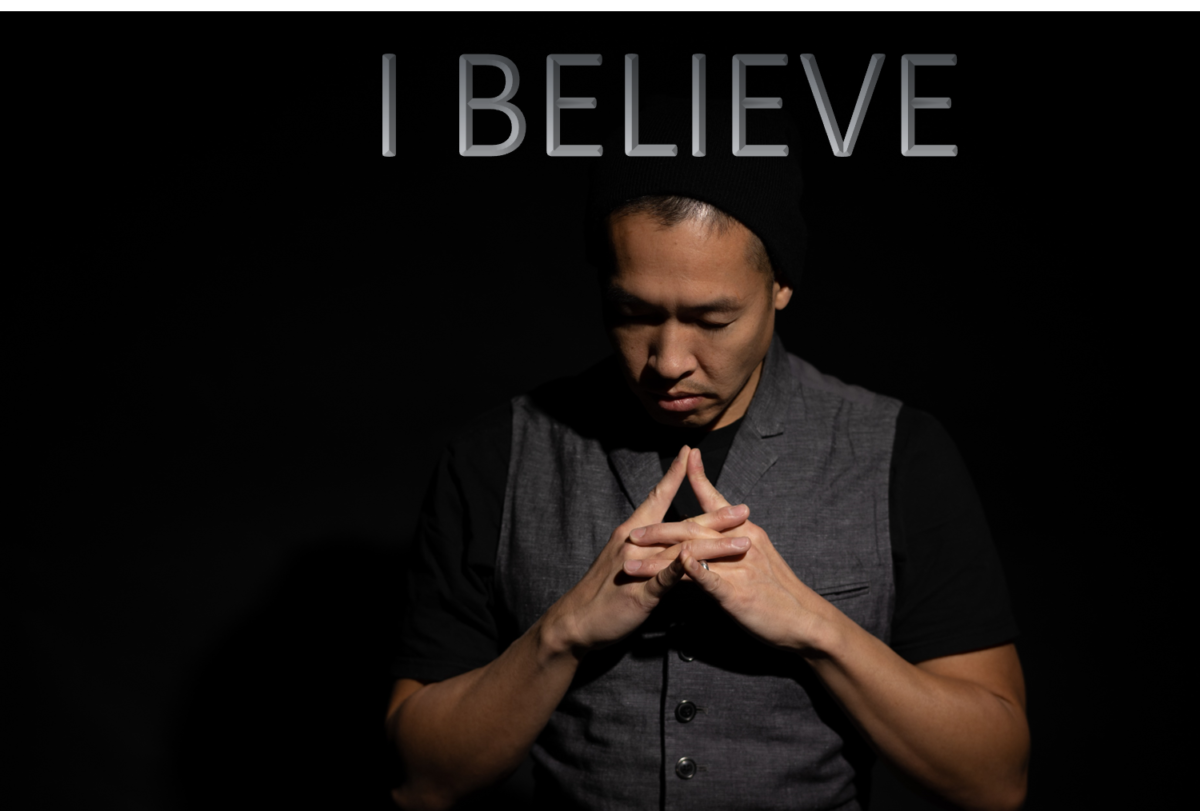In a world that constantly pushes us to seek more, to be more, and to have more, it’s easy to lose sight of the beauty and abundance that already exist within our lives. Wayne Dyer, a beacon of wisdom in the realm of self-help and personal growth, offers a powerful reminder: “If you don’t know how to appreciate what you have, you don’t need anything else. Because you won’t appreciate it anyway. You are perfect and already are enough. You are born from nothing and will leave with nothing. Use what you have and add value to life at the maximum you can.”
This profound statement is not just a call to gratitude, but a call to action. It challenges us to shift our perspective from one of lack to one of abundance, from seeking external validation to recognizing our inherent worth. It’s a reminder that the pursuit of happiness and fulfillment begins not with acquiring more, but with appreciating what we already have.
The Power of Appreciation
Appreciation is the foundation of a fulfilling life. When we take the time to recognize and be grateful for the blessings in our lives, we open ourselves to a world of abundance. It’s not about having everything we want, but about wanting and valuing what we have. This mindset shift can transform our everyday experiences, turning ordinary moments into extraordinary ones.
Embracing Your Perfection
Dyer’s words remind us that we are already perfect and enough just as we are. This doesn’t mean we are flawless, but that we are complete and whole in our imperfections. Embracing this truth can liberate us from the endless cycle of self-improvement and allow us to live more authentically and peacefully.
The Transience of Life
The reminder that we are born from nothing and will leave with nothing is a sobering yet liberating thought. It highlights the transient nature of life and the futility of clinging to material possessions or external achievements. What matters most is not what we accumulate, but the impact we make and the love we share.
Adding Value to Life
The ultimate message in Dyer’s words is the call to use what we have to add value to life. This is where true fulfillment lies. It’s not about how much we have, but what we do with it. Whether it’s through acts of kindness, pursuing our passions, or contributing to the well-being of others, we all have the ability to make a positive difference in the world.
In conclusion, Wayne Dyer’s wisdom serves as a gentle yet powerful reminder to appreciate the present, embrace our inherent worth, and use our gifts to enrich the lives of others. By doing so, we not only find true fulfillment but also contribute to a more loving and compassionate world. Let us take these words to heart and strive to live a life of gratitude, purpose, and joy.















